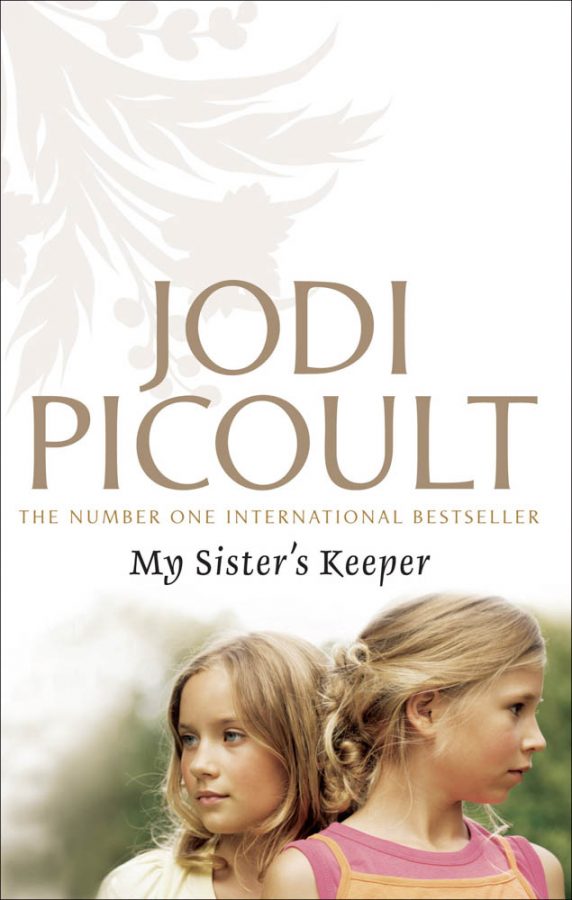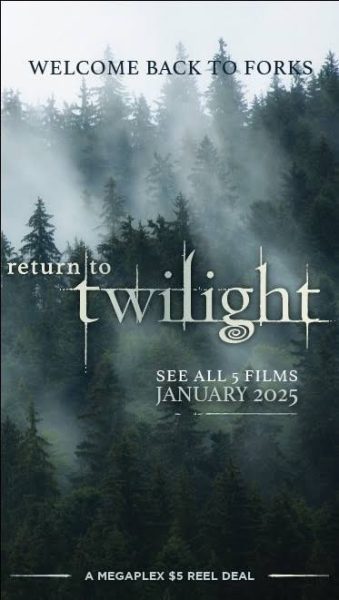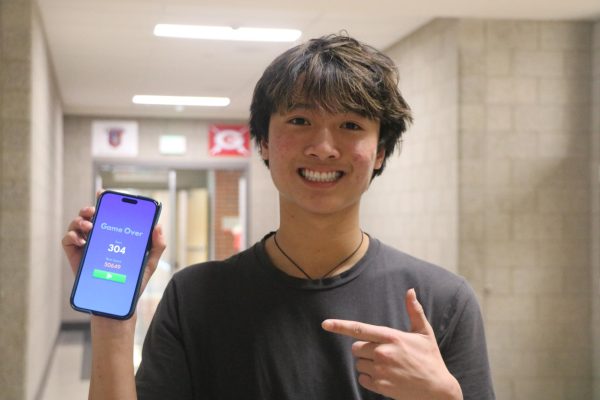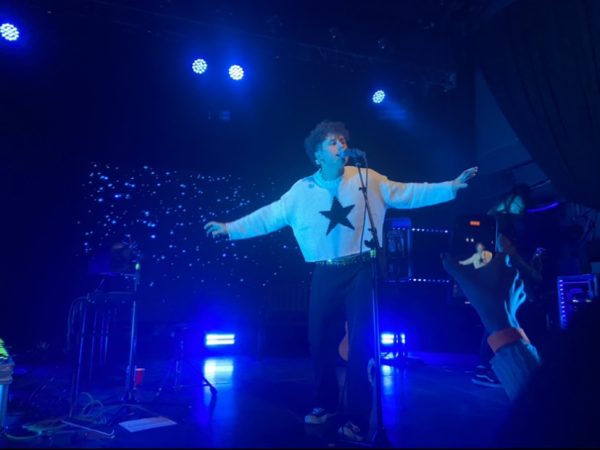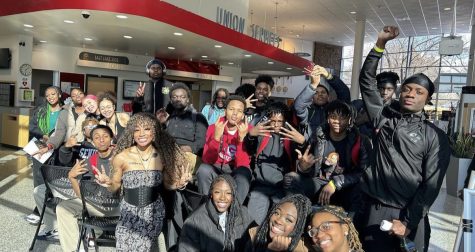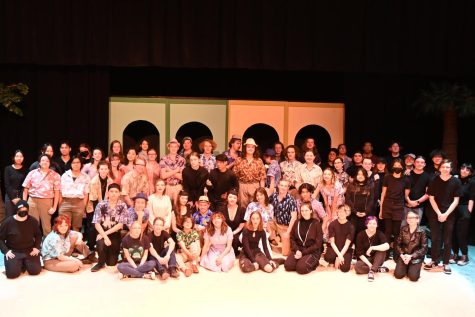A book that challenges ethical questions and the result of those questions
EVERYBODY knows someone who has gotten sick. There are even times when people would do anything to help the sick person. When it comes to cancer people are even more willing to do anything for it to get better. Now imagine not only helping keep someone alive but that was the entire point of your existence. In My Sister’s Keeper by Jodi Picoult, this happens to the character Anna.
Anna is the sister of Kate who is dying from leukemia. Throughout Anna’s entire life she has donated bone marrow, stems cells from her placental cord, and blood transfusions for her sister. It wasn’t a coincidence that she was an identical match to her sister because her parents genetically made sure that she was before she was born.
When Kate got sick her parents panicked and decided to have another baby to help Kate survive, However, when Anna turns thirteen years old she decides she’s had enough. Kate needs another donation and Anna doesn’t want to do it. It’s not that she wants Kate to die because she doesn’t want that at all. She’s just tired of being told to give parts of her body as an expectation of her parents.
This leads to Anna suing her parents for medical emancipation and causing a chain reaction of events. Anna works with a lawyer and a guardian ad litem, a person who is court-appointed to help a child. This mix reveals a past between the two and tells the story of their future.
The way the book is written is brilliant. The chapters switch to the perspective of each character one chapter will be from Anna, the next from Kate, then the mother, the father, and others in the story who are affected. It gives the reader an outlook of how the situation looks from many perspectives.
For example, the father is a firefighter is currently dealing with an arsonist, but his son tells the story of how he loves lighting fires. It’s a great way to hint that the son might be the arsonist. This change in perspective guides the reader in a more indirect way.
I also love the situations that the book challenges. Is it ethical to create a human for the sole intent of having her be a donor? Can you force a minor into painful procedures to save another life? Is it ethical to refuse to do something that could save someone’s life? This book is the story of how one family answers these tough questions.
It shows that emotions run high when it comes to the sickness and possible death of a family member. The family is torn apart. The brother is apathetic, the mother angry with Anna and scared for Kate. The father understands what Anna is going through, but he doesn’t want Kate to die. It’s a beautiful story of how you have to stand up for yourself even if others disagree.



